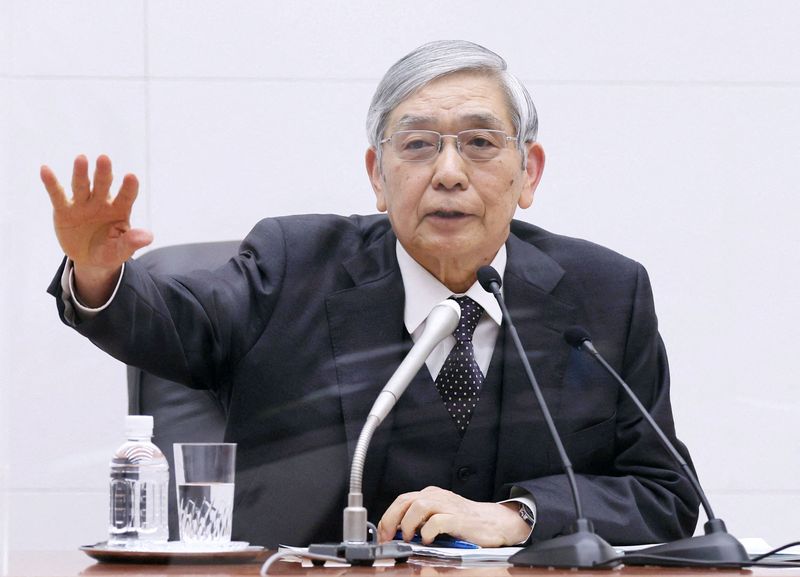Asian markets digested actions Bank of Japan
2022.12.21 01:34
[ad_1]

Asian markets digested actions Bank of Japan
Budrigannews.com – In many ways, the sudden move by the Bank of Japan on Tuesday was the perfect way to end one of the most turbulent years for financial markets ever.
The BOJ’s effective policy tightening had an immediate and significant impact on Japanese assets: the yen experienced its best day in years, the 10-year JGB yield experienced its largest increase in nearly two decades, and the yen lost 2.5 percent.
However, the impact on global markets may be more gradual.
Albeit the MSCI Asia ex-Japan file fell and yields on U.S. Depositories and other government securities rose on Tuesday, the and Money Road managed with gains and non-yen significant trade rates were astoundingly stable.
However, investors will undoubtedly be forced to reevaluate their strategies for 2023. The ramifications of the world’s most tentative national bank turning hawkish are too enormous to even think about disregarding.
Since Japan is the world’s largest creditor, there could be a lot of money waiting to be returned at higher rates of return.
The difference between Japan’s overseas asset stock and foreign asset stock is Japan’s net international investment position, or more than $3 trillion.
Some domestic investors will shudder at the prospect of Japan’s long-term risk-free rate effectively doubling to 0.50%. Additionally, considering that Japan’s portfolio investment assets and liabilities amount to $7.3 trillion, significant yen movements may have an impact on global exposures to leverage, hedging, and derivatives.
Financial backers have several days to process Haruhiko Kuroda and Co’s sensation before the November’s expansion report is delivered on Friday.
As of October, inflation is anticipated to have reached a new 41-year high of 3.7%, surpassing the BOJ’s target of 2% for seven consecutive months.
More Dollar strengthened in Asian FX session
Kuroda can legitimately claim to have ended deflation, as noted by consultant Philip Suttle, a former World Bank economist based in Washington. Consumer prices have increased by an average of 0.77 percent annually over his ten years as governor of the BOJ, compared to a decrease of 0.13 percent annually over the preceding decade.








